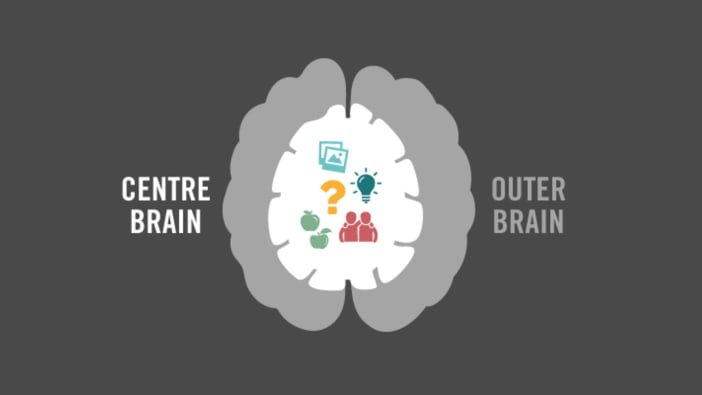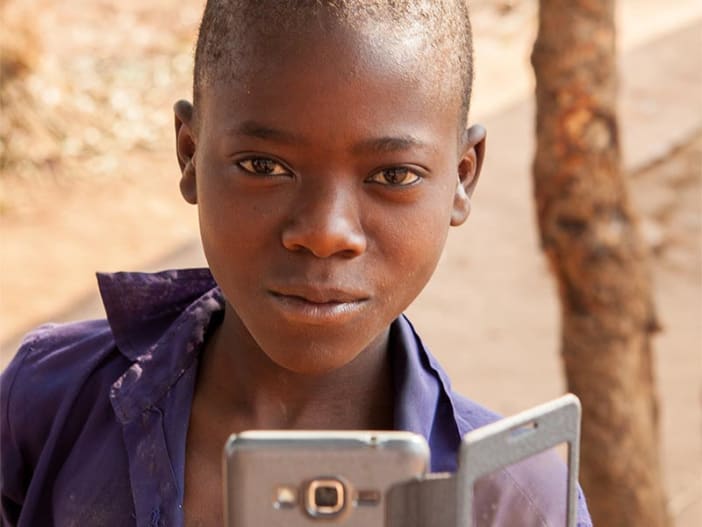by B Mounkoro.
Drama can be a very valuable tool to encourage participatory learning. When used with a community in Mali, through a development programme, it was found the villagers’ sketches expressed certain problems which stopped people participating in development work.
In one drama the actors showed forestry workers setting the jungle on fire and then accusing the villagers of this act and fining them. But they are caught in the act, reported and dismissed. Such a suggestion would be very hard to make in a meeting, but was much easier to share as a story in drama. Discussions after the drama showed that it had not been based on fact, but on rumours. As a result, the forestry service took the matter seriously and after useful discussions, new written agreements were made between themselves and local villages.
People meeting with a development service often hold back from saying things, for fear of losing favour or looking bad. In drama, actors can share messages without having to go into all the details. This process is particularly useful if there are discussions afterwards. In one village, women said that drama had helped them to have open discussions with men.
A drama was developed to explore why participation in anti-erosion work had reduced. In meetings, villagers seemed in favour of the work. However, through drama it became clear that they felt they did not really ‘own’ the work. They had joined in, expecting rewards from a tree planting competition. When this did not happen people began to lose interest and changed their activities to earn a little money instead. This was a complete surprise to the development organisation.
Another important point that emerged from watching many such dramas, was that people preferred to choose themes dealing with social issues such as family security, village harmony, rural exodus, polygamy and care of orphans. Organisations, on the other hand, see their work as providing a path for communities to improve their situation through adopting better technologies such as tree nurseries, protecting drinking water, more soil erosion control and more income generating activities.
Drama can provide a situation where ordinary people can feel at ease in sharing their true feelings, laying a basis for understanding their motivation and concerns by development organisations.
Adapted from an article by B Mounkoro in Echos du COTA, June 1996.








